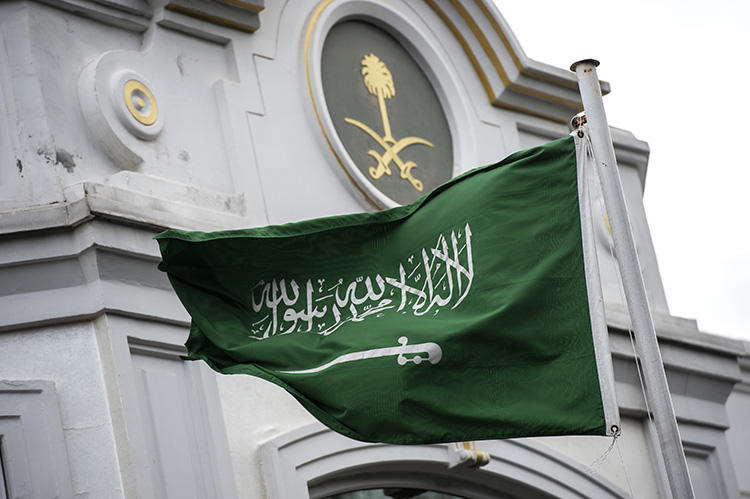New York, March 13, 2019–Saudi authorities must immediately release all journalists from jail and end its censorship of those critical of the kingdom, the Committee to Protect Journalists said today.
Reuters reported that two journalists appeared in court today on charges under the cybercrime law, including supporting “hostile elements.” Eman Al Nafjan and Hatoon al-Fassi were among four female journalists critical of the ban on women driving whom Saudi authorities arrested last year, according to CPJ research.
Separately, independent journalist Zuhair Kutbi has been imprisoned since January 10, Yahya Assiri, director of the U.K.-based Saudi human rights organization Al-Qst, told CPJ.
Assiri told CPJ yesterday that he did not know the reason for Kutbi’s arrest. Kutbi was previously imprisoned in connection with his journalism, and according to Human Rights Watch, authorities banned Kutbi from writing as one of the conditions of his release in 2017. CPJ was not able to confirm the journalist’s detention until this week.
The Saudi Embassy in Washington, D.C., did not respond to CPJ’s email requesting information on Kutbi’s arrest, including whether he has been charged with a crime.
The arrests are part of a broad crackdown on the press since Crown Prince Mohammed bin Salman’s rise to power, including the murder of Washington Post columnist Jamal Khashoggi in the Saudi consulate in Istanbul in October. At least 16 journalists were detained in Saudi Arabia, many of them without charge, at the time of CPJ’s latest prison census. Some of them, like Kutbi, had been forced to stop practicing journalism long before their arrest.
“Saudi Arabia’s extreme actions to silence critical journalists, even those who are not currently working, lend a cruel new meaning to the censorship term ‘prior restraint.’ Authorities should immediately release Eman Al Nafjan, Hatoon al-Fassi, Zuhair Kutbi, and all other journalists jailed for their work,” said CPJ Middle East and North Africa Program Coordinator Sherif Mansour in Washington, D.C. “The international community must signal to the kingdom’s leaders that these grave violations of international law will not be accepted.”
Al Nafjan and al-Fassi appeared in court with at least eight activists who were arrested before the driving ban was lifted in June. They were charged under the cybercrime law, which can carry sentences of up to 10 years, according to Al-Qst. The court barred reporters and U.S. and European diplomats from attending the trial, according to news reports.
Kutbi’s arrest was reported by the Qatari news website Al-Sharq, which cited a social media post from an account named Detainees of Conscience. The account tweeted on March 7 that Kutbi was denied treatment for cancer and diabetes. It’s not clear who is behind the Twitter account, which has been reporting on politically-motivated detentions in Saudi Arabia since March 2014.
Separately, on February 20, a Twitter account under Kutbi’s name, with the bio “freedom for the media figure and political writer Zuhair Kutbi,” tweeted that the journalist was being held at Dhabhan General Intelligence Prison near Jeddah. Neither account nor the news report provided further details. CPJ’s direct messages to Detainees of Conscience were not immediately answered. The Zuhair Kutbi Twitter account does not accept direct messages.
Kutbi was imprisoned from July 2015 to November 2017, on charges of “inciting against the state” and “insulting state symbols,” according to CPJ research. The journalist previously contributed to the news website Makkah Online and his own website, and often criticized the government, CPJ reported at the time.
[EDITOR’S NOTE: The ninth paragraph has been updated to reflect that Al-Sharq is a Qatari news website.]
